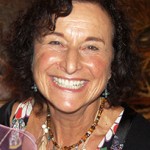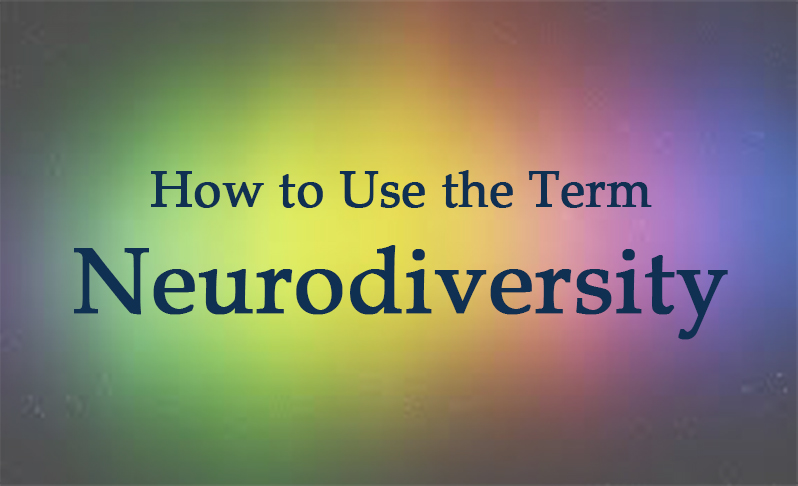“Each individual brain is like a unique rainforest, teeming with growth, decay, competition, diversity and selection.”
Tweet this quote by Gerald Edelman (Cornwell 2007)
The coining, understanding and use of the word “neurodiversity” is a gateway. It opens to allow us to see both the landscape from which we are departing and the one ahead. It is an evolutionary word marking a turning point in how we educate about and comprehend development. The word neurodiversity is also a mirror that reflects how we are adapting to a broad spectrum of influences that shape our learning and relationships with one another. Neurodiversity is not a word about autism alone. It is a word that embraces all neurological uniqueness, all rhythms of neurodevelopment and all the forms by which humans can express themselves and contribute to their world. (Tweet this quote.)
I use the word neurodiversity throughout my book and research. The word is only a little more than a decade old. It refers to the proven fact that no two brains are alike. (Tweet this quote.) It also refers to the new and proliferating research that redefines the brain with an emphasis on its resiliency, its responsiveness, its bounty of complex connections, and its fluidity. We have moved out of the conceptualization of the brain as machinery and into the truer depiction of it as mobile and vital. In my book I refer to the playground quality of the brain with neural connections occurring continuously in response to learning.
Children and youth who have been labeled with autism, learning challenges or sensory processing difficulties may prefer to use the word neurodiverse for themselves. This does not mean that they are without a need for services. From their perspective using the word neurodiverse may reduce stigma. When we use language to exclude we dampen potential. Inclusion promotes limbic stimulation.
I also use words like “sensory needs” and “learning challenged” and “autism spectrum” because these are familiar. We are transitioning into terminology like “neurodiverse” and I respect the transition.
Author
 Dr. Stephanie Mines is a psychologist whose unique understanding comes from her academic research as well as her extensive work in the field. Her stories of personal transformation have led many listeners to become deeply committed to the healing journey. Dr. Mines understands shock from every conceivable perspective. She has investigated it as a survivor, a professional, a healthcare provider, and as a trainer of staffs of institutions and agencies. Meet Stephanie.
Dr. Stephanie Mines is a psychologist whose unique understanding comes from her academic research as well as her extensive work in the field. Her stories of personal transformation have led many listeners to become deeply committed to the healing journey. Dr. Mines understands shock from every conceivable perspective. She has investigated it as a survivor, a professional, a healthcare provider, and as a trainer of staffs of institutions and agencies. Meet Stephanie.




